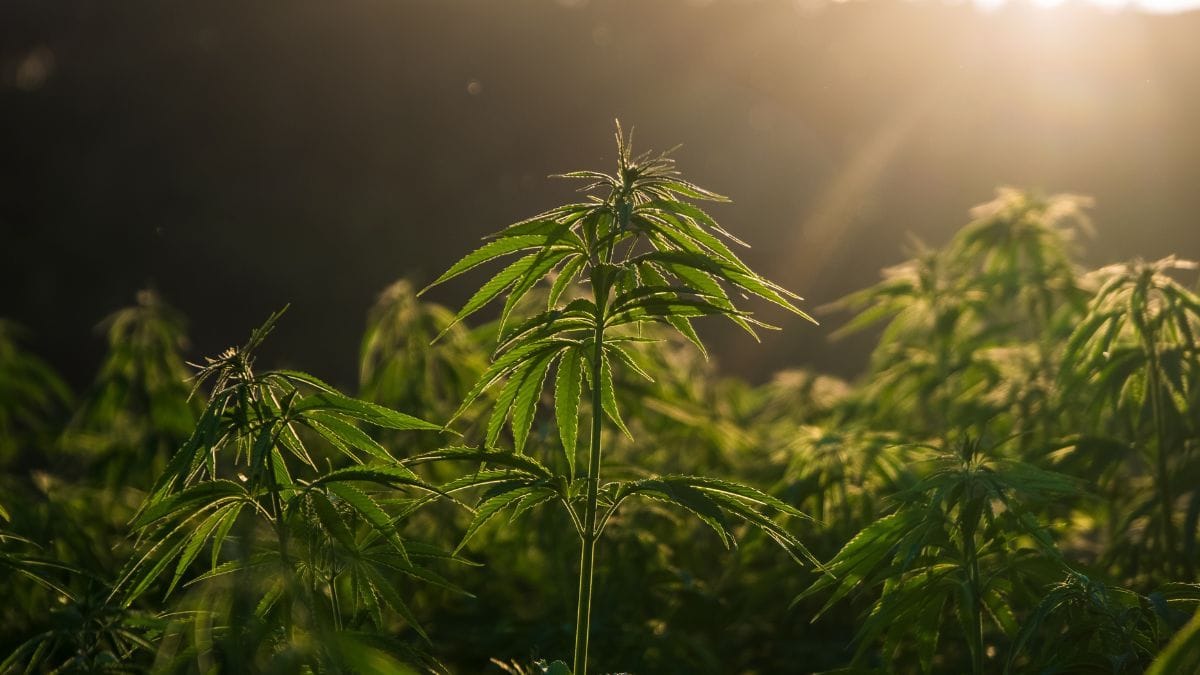Uruguay Emerges as Leading Hemp Hub After Stringent Restrictions in the US
American measure rendering full spectrum extracts unfeasible has a long transition period, but already positions Uruguay as a new strategic export alternative
Published on 11/28/2025

Illustrative Image: Canva Pro
The recent modifications in the United States federal legislation, which redefined the concept of total THC and imposed strict limits per package (0.4 mg of total THC), are causing a drastic readjustment and projecting major changes in the global hemp market. The measure, which effectively makes the production of full spectrum extracts unfeasible on American soil, has a transition period for its full enforcement (such as the FDA defining guidelines within 365 days, plus the time companies will have to adapt or migrate), but already places Uruguay at the forefront to meet this future international demand.
In a statement, Claudio Valenti, co-founder and Commercial Director of LEVENDIS SAS (Extractos del Sur), one of the largest Uruguayan exporters of hemp derivatives to Brazil, detailed the impact of the new American rule and Uruguay's strategic positioning.
The End of American Full Spectrum
The American legislation, as reported by Sechat, broadened the THC concept to include "total THC" (encompassing THCA, delta-8 THC, and other isomers). This change, combined with the limit of 0.4 mg of total THC per package, makes various products that freely circulate in the market unviable, projecting a productive vacuum.
Claudio Valenti explains that the change directly affects the supply chain: “The new US federal legislation limits the total THC content to such low values that make the production of full spectrum extracts unfeasible. This directly affects manufacturers that supplied international markets, including companies mentioned by ANVISA. Suddenly, an entire productive hub becomes non-functional for this type of product”.
Uruguayan Regulatory Advantage
Facing regulatory instability in the US, Uruguay emerges as the immediate alternative by offering a clear and stable legal framework that does not require radical reformulations in full spectrum products.
“Uruguay had already been building a reputation for regulatory stability and industrial quality,” says Valenti. “Our law allows up to 1% THC in hemp-derived products, something impossible in the US today. This allows us to produce truly complete extracts, preserving the entourage effect — essential for therapeutic use.”
Proven Experience and Focus on Brazil
Despite the transition time of the American law, Uruguayan industrial capacity is already established and proven by a continuous flow of exports, with Brazil being a key and priority destination.
LEVENDIS / Extractos del Sur stands out in this scenario. When asked about the country's readiness to absorb the new global demand, Valenti is categorical: “Absolutely. We are the largest exporter of hemp-derived products from Uruguay to Brazil. We already work with over nine brands linked to ANVISA and deliver tens of thousands of vials directly to patients through the official channels of RDC 660. We have the scale, experience, and immediate capacity to absorb the global demand that the US will no longer be able to meet.”
Valenti also highlights the country's versatility, both in hemp and medicinal cannabis: “The country has a pharmaceutical-grade medicinal cannabis sector without THC restrictions. This allows us to develop both hemp products and higher potency formulations for regulated markets that require higher therapeutic levels.”
The New Strategic Hub
For Valenti, the market movement signals a future of consolidation for Uruguay.
“We are ready. Uruguay not only fills the space left by the US — it becomes the new strategic production hub for the southern hemisphere,” concludes Valenti. “With a clear regulatory framework, industrial capacity, and proven delivery track record, we are the natural alternative for brands that need to immediately shift their manufacturing.”










